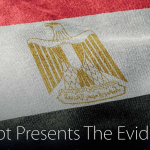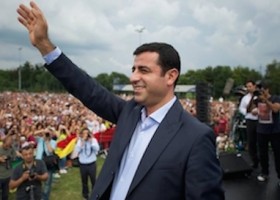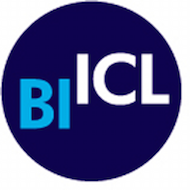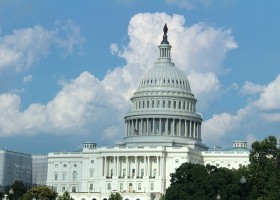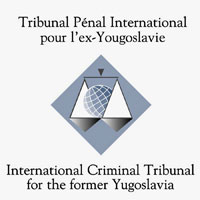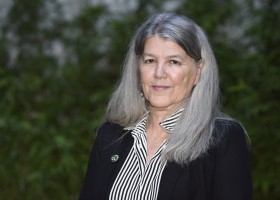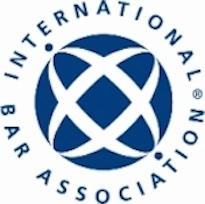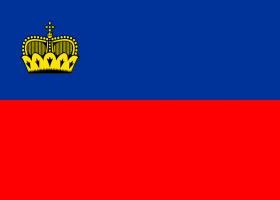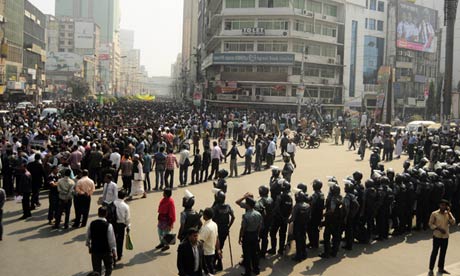Margaret Owen on the 9 Days of Curfew in Cizire, S.E. Turkey
By Margaret Owen
Our UK delegation of two human rights barristers, myself (patron of Peace in Kurdistan), and Melanie Gingell, with health practitioner, Dr. Shatha Besarani were Invited by the Kurdish Women’s Council of Diyarbakir to visit Cizire, the mainly Kurdish town in Southeastern Turkey, and Sur, a poor district in Diyarbakir where there has been such violence in recent weeks.
Our brief was to investigate and report on what actually happened during the 9 days of curfew in Cizire, (September 4th till 12th) and the two days in Sur (September 14th and 15th) when the inhabitants were attacked by the police and the army. This rendered them unable to leave their homes, even to bury their dead.
We wanted also to learn about how the curfews, bombardments, killings, and deprivations had particularly affected women and children.
It is a violent and unpredictable time. From the moment the pro Kurdish HDP party gained its 81 seats in the June presidential election and deprived President Erdogan of winning the mandate to gain more executive power, the AKP party has resorted to ever more violent repression of its Kurdish citizens, not just in the Southeast but all over Turkey.
There is a great fear in the population that the violence will increase as the date for the snap election on November 1st approaches. However all is unpredictable, in the hands of President Erdogan who now risks plunging Turkey into a civil war, a return to the violence of the 1990s.
The peace process shattered this summer, which makes it vital that the UK government and the international community in general urge Turkey to stop this violence, and respect international law, including humanitarian law.
Towns and cities where 80% of the citizens voted for the HDP, declared “self-administrated democracy”, or protested about the arbitrary dismissal and arrests of their elected (Kurdish) mayors became targets for the most horrific bombardments. Unarmed civilians were killed with no evidence that any of them were armed members of the terror-tagged PKK. These atrocities have been committed by (Turkish) Governors and police who are using the draconian powers given to them under the Anti-Terror act.
We met with the Free Women’s Congress (an umbrella Organization for women from all political parties), the women’s lawyers association in Diyarbakir, and with the human rights association. We were also able to talk freely with the civilian survivors of the bombardments, walked through the broken, gutted streets of their districts, clambered over the remains of family houses and spoke to grieving relatives.
Here is a short-list of some of the things we learnt:
1. Collective punishment, such as that taken against the civilian men, women and children, as revenge for the killing of two policemen by the PKK (and that was as a consequence of other Turkish state acts against Kurds) is a violation of Article 33 Geneva Convention.
2. The curfew was in breach of international law. For nine days in Cizre, water, electricity and mobile phone connections were cut off.
3. During the curfew, Cizre was surrounded by 5,000 police, and army tanks, during which police officers were ordered (by the Governor) to ” shoot to kill”. Tanks and rockets fired shells and bombs into Cizire killing 21 people. Relatives could neither bury their dead nor take the wounded to hospital. Bodies were kept in freezers and fridges (including one which belonged to a baby).
4. One of the saddest cases was the murder of 10 year old Cemike Cagirga, on September 7th, the fourth day of the siege. She had simply opened the door of her family compound when she was shot in the chest by police snipers from a building across the street from her house.Once the curfew was lifted, her family took her body out of the freezer and took it to the hospital. The police collected the body for autopsy and in utter disregard of fundamental rights the body was then labeled “no family”. Resultantly, when Cemike’s father attempted to obtain the report, his request was refused because the family had not been represented by a lawyer or a doctor. This was just one of many similar cases.
5. The constant bombardment, lack of food and water caused several miscarriages. One of the casualties was a 5 week old baby.
6. Further evidence of the deliberate policy to harm the Kurdish population, using means that are in gross breach of international law,was the order for doctors to remain in their houses. Attempts by Kurdish doctors to offer their services at the local hospital and in the stricken districts was refused by the Governor and the Police.
7.The AKP and the Police claimed that the PKK was responsible for the killings.
8. In Sur, the police also sprayed with bullets a notable 16th century mosque and an ancient church. Such desecration of antiquities are crimes we associate with ISIS as opposed to government forces.
9. As we were leaving Cizire, the woman who had been co-mayor before her dismissal, and who had met us upon our arrival, was informed that the police were searching to arrest her. She made her very rapid goodbyes saying ” I must go and hide.”
The women lawyers here are in the process of documenting all these abuses, with the intention of bringing prosecutions against those responsible for these human rights violations. However, in the current state of the Turkish justice system, not only is it unlikely that such a prosecution would be successful, but these lawyers themselves could be arrested under articles 301 – 305 of the Penal Code for insulting the State.
Who is responsible ultimately for orders to “shoot to kill”? It is difficult to find the command chain. What is clear is that this is now the most dangerous period in Turkey’s history. Since 2013, the PKK has asked for a peaceful resolution and put down its arms. Turkey broke the ceasefire this summer, and is hurtling along a disastrous path.
It is imperative that we persuade the UK and all UN Members to come together to use all possible diplomatic and other means to resurrect the peace process. It also must be insured that all international observers are in Turkey to monitor the snap election procedures on November 1st.
What we witnessed these last few days in Cizre and Sur should act as a serious warning that there could well be a return to the conflict which, two decades ago, killed over 40,000 people. If civil war returns to Turkey it will engulf the whole region.
We hope to speak about what we learnt in a public forum. All the lawyers we spoke to at the İHD (Human Rights Association, Diyarbakir) and at the KJA (Kurdish Women’s Congress) stressed the importance of having international observers in Turkey to monitor the presidential November 1st election.
Weekly Roundup
Archives
Featured News Releases
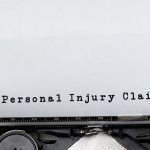
Personal Injury Lawyers in Boston

Law Firms Provide Legal Representation to Claimed Injury

Closing Briefs Submitted in Mladic
